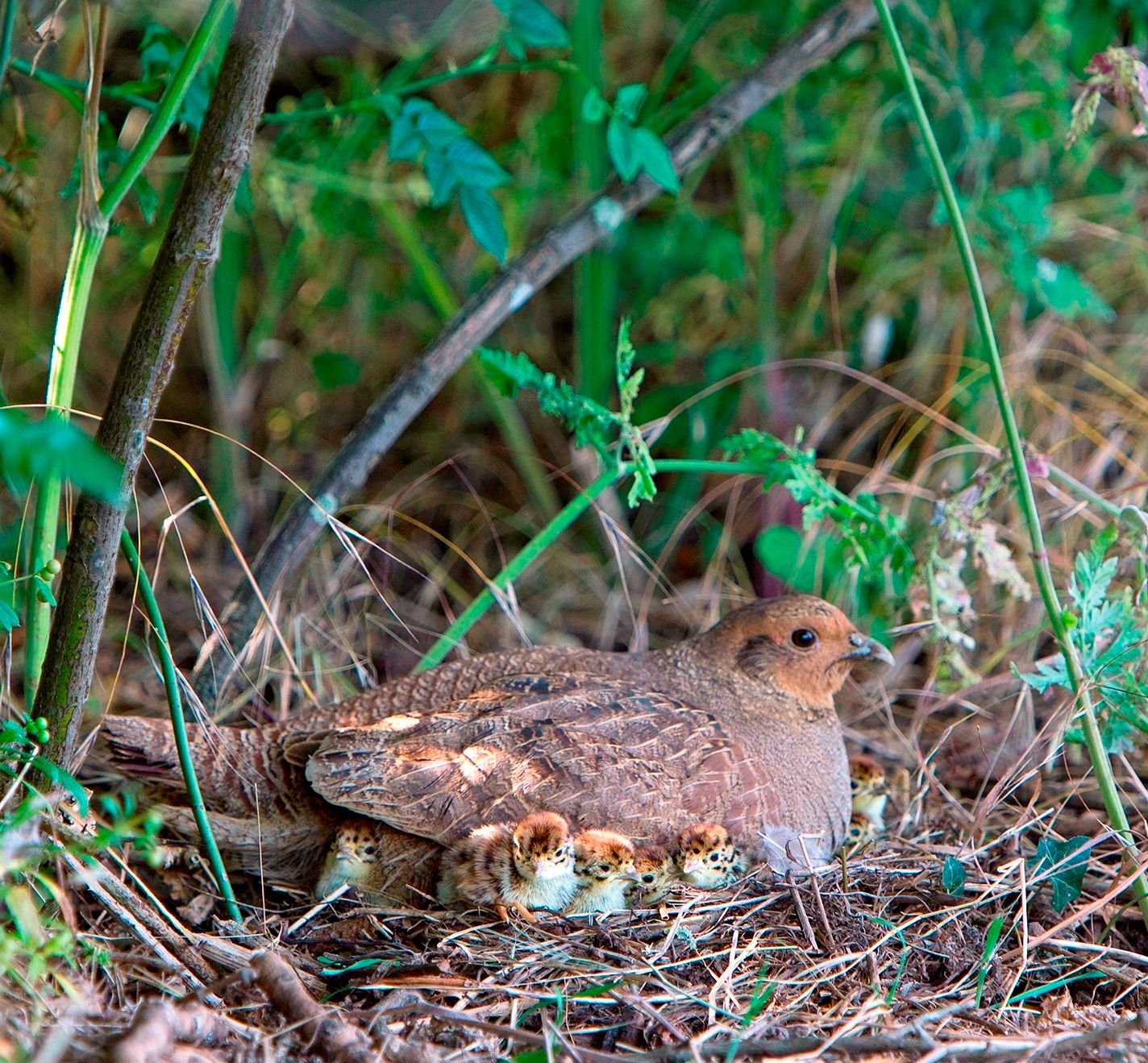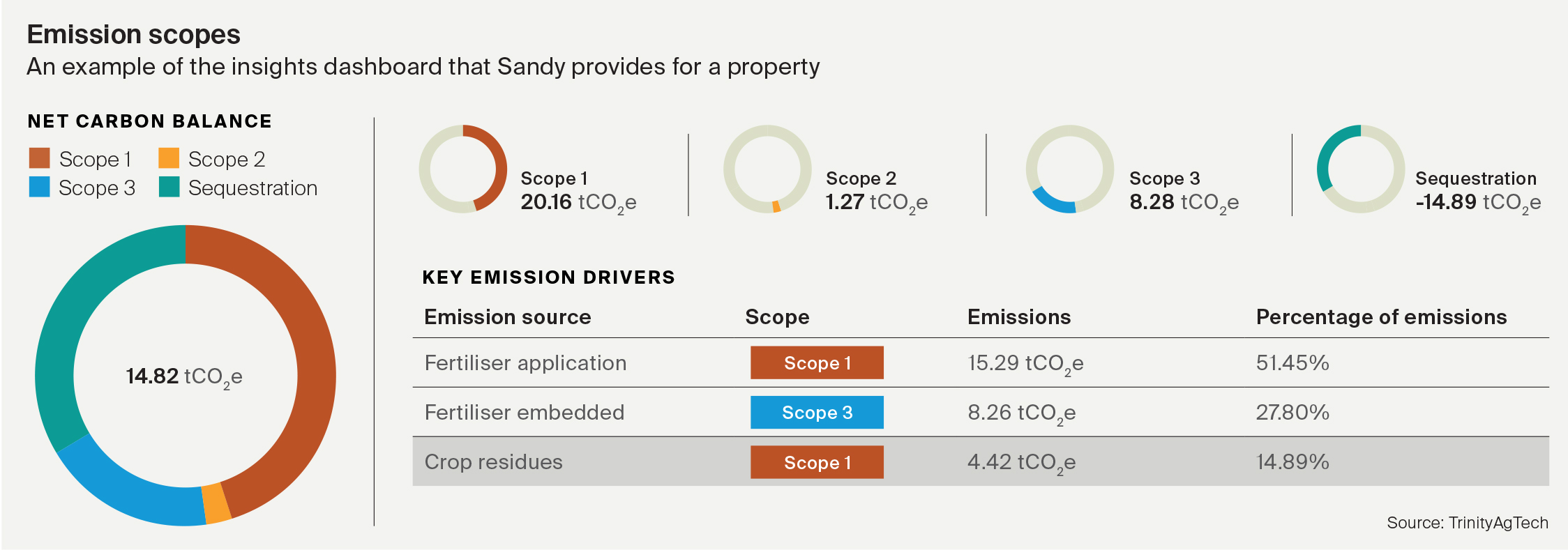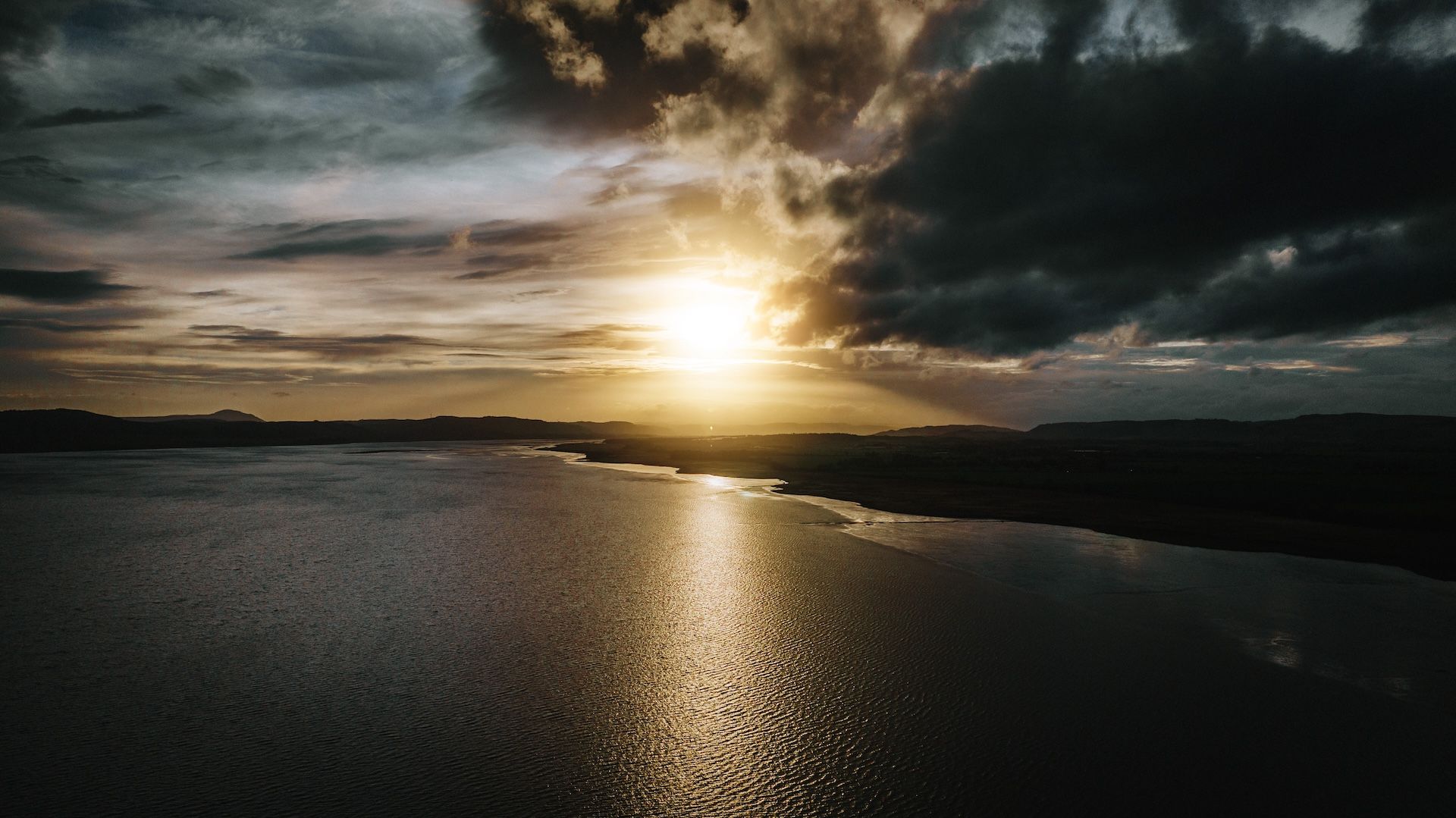How and why will nature be valued in the future?
Nature underpins a huge swathe of the global economy. Although identifying its true value is not easy, merging opinions and markets offers some thought-provoking insights and views
3 minutes to read
When I interviewed Dr Hosein Khajeh-Hosseiny, CEO of Trinity Natural Capital Group, for the latest edition of The Rural Report, his statement that we are living in the 'Natural Capital Century' stayed with me.
As my Rural Consultancy colleagues James Shepherd and Rachel Patch point out in their article on investing in nature, it has been calculated that 55% of global GDP, equivalent to an estimated US$58 trillion, is moderately or highly dependent on nature.
Additionally, the World Bank has estimated that declining biodiversity will cost the global economy US$2.7 trillion annually, while the World Economic Forum reckons that by 2050 climate change could be causing US$3 billion of damage every year.
Measuring nature
Businesses are increasingly having to quantify their impacts on nature and take measures to mitigate them. Those, like farm and estate owners, who are in a position to create the required nature-based solutions, such as carbon or biodiversity net gain credits, are creating new, and often significant, income streams.
An obvious conclusion from this arrangement is that we must put a value on nature. If you don’t know how much something is worth how can you value the biodiversity that is being destroyed or created?

The Peppering Estate are successfully farming alongside their project to increase biodiversity and restore numbers of the Grey Partridge.
Part of the issue is that many of the benefits that nature provides are often intangible. However, according to new research from the CLA, the organisation’s landowning members deliver almost £1 billion of annual unpaid-for health and wellbeing benefits to society by providing access to nature.
But some environmentalists even argue that by putting a value on nature, we commodify it and turn it into just another asset to be bought and sold at the whim of financial markets, potentially for much less than it is worth.
Moral compass
Dr Khajeh-Hosseiny of Trinity Agtech, who have developed the Sandy natural capital navigator tool to help rural landowners make the most of their natural assets, thinks we need to find a middle ground when it comes to the complex interplay between markets and nature.

“There's a spectrum of opinions on the commodification of environmental goods. Some advocate for complete marketisation, while others reject it entirely. The socially optimal path lies somewhere in between.
“In terms of natural capital, we believe quantitative analytics, while potent, must go hand-in-hand with a virtuous mindset. We must insist on blending comprehensive practical analytics with a robust moral compass to arrive at one’s transformation path,” he adds.
Land values
A more tangible way that nature is starting to be valued is by its incorporation into the capital value of rural property, such as farmland, forestry or peat-rich moorland.
Alice Keith of our Farms & Estates team says she is increasingly focusing on the natural capital opportunities of the properties she is selling, to help unlock their latent value and get the best price for our vendors.
Richard Stockdale, CEO of Oxygen Conservation, says this latent natural value underpins their business model. You can read more about Oxygen Conservation here.
“We buy land at scale to deliver positive environmental and social change because we believe land will go up in value over time at a faster rate because we are doing the right thing for the environment and people.”

Firth of Tay in Dundee, a 523-acre estate currently owned by Oxygen Conservation. Photo Credit: Josh Craddock, Oxygen Conservation 2024.
It is clear to me that the Natural Capital Century is a reality, not hyperbole, and the debate about why and how we value land will continue on.
If you'd like to learn more about nature-based solutions, or how your company can utilise nature to be more sustainable and support biodiversity, you can read more here, or do contact James who'd love to hear from you.